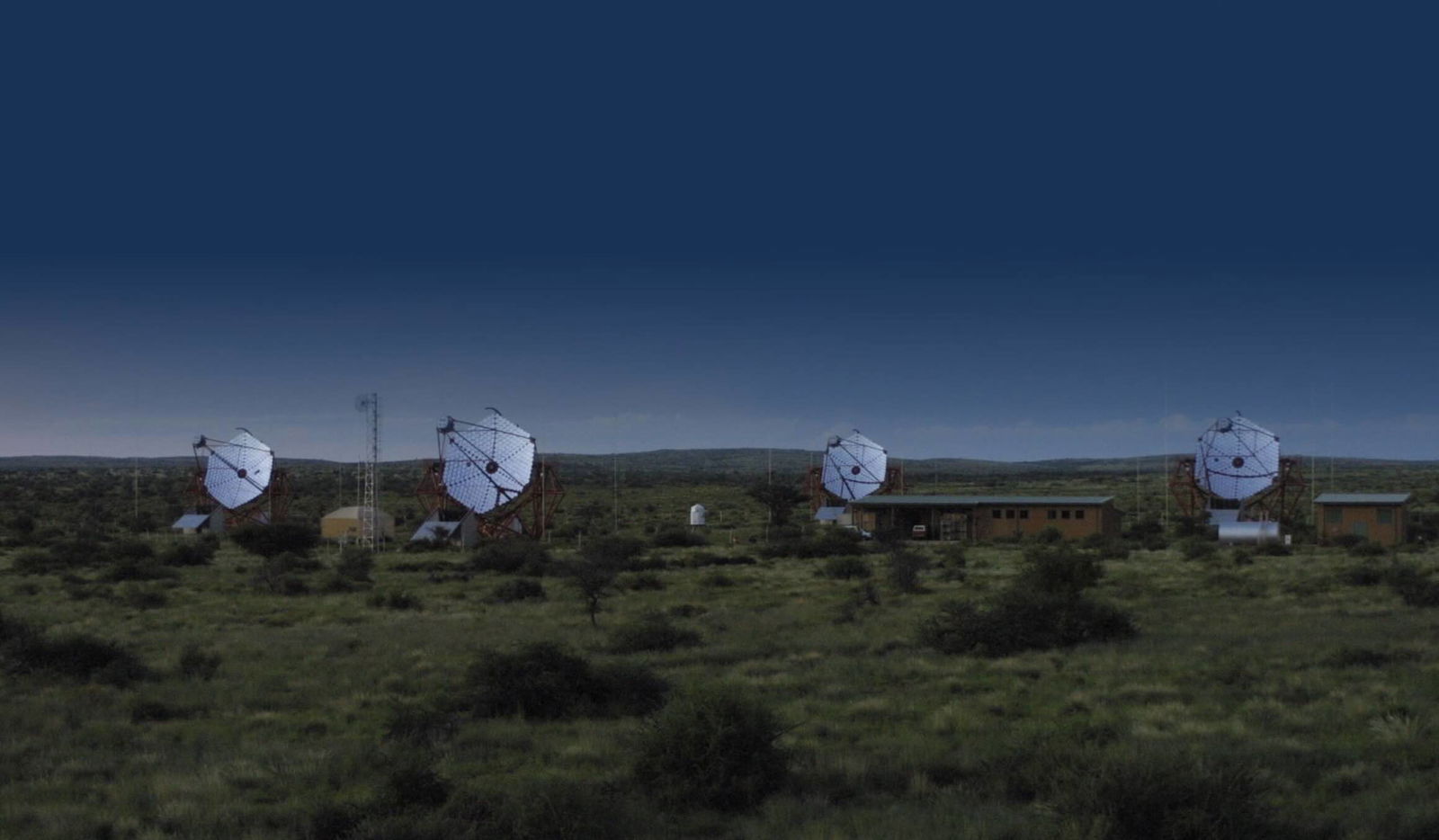It is an understatement to think that humans could have behaved more intelligently over history on this tiny rock we call Earth, especially over the last century.
This thought occurred to me recently after visiting the Armenian quarter of the walled Old City of Jerusalem. Here, along with cultural treasures of ancient Judaism, followed by early Christianity and later by Islam, one finds ample historical evidence for atrocities.
Examples from the last century include the genocide of about a million Armenians by the Ottoman Empire during the first World War, followed by the holocaust of six million Jews — the indigenous tribe of Jerusalem, by Germany during the second World War. The “Definitive Solution to the Armenian Question” resembled the “Final Solution to the Jewish Problem,” and concentration camps were used in both. Towards the end of his Obersalzberg Home Speech in the presence of Nazi commanders on the 22nd of August 1939, a week before the German invasion of Poland, Nazi leader Adolf Hitler said: “Our strength consists in our speed and in our brutality. Genghis Khan led millions of women and children to slaughter — with premeditation and a happy heart… Who, after all, speaks today of the annihilation of the Armenians?”
Each of the 117 billion people who cohabited Earth over the past few million years lived for less than ten billionths of cosmic history. Yet, many political leaders chose to look down and shorten the life of others rather than look up with awe at the cosmos and promote coexistence for as long as possible. This ‘Hitler’s choice’ is a sign of non-intelligence, a ‘Fail’ grade in our cosmic score card. To find extraterrestrial civilizations with a `Hitler-like’ mentality, we must train our telescopes to Search for Extraterrestrial Stupidity (SETS), rather than to Search for Extraterrestrial Intelligence (SETI).
The tragic echoes of the past century made me wonder: is this the best we can hope for when imagining a species at the top-of-the-food-chain on a habitable planet, 13.8 billion years after the Big Bang? If humanity is the pinnacle of creation, then cosmic history is a huge disappointment. The architect of the Universe, if such an entity exists, could have done much better. In case we are alone, the amazing landscape of the cosmic stage is a complete waste for human spectators who are preoccupied with conflicts on the surface of their tiny rock.
Was there ever a road sign pointing us towards a better path forward? Yes, there was. Modern science and technology enabled economic prosperity and better health, with unlimited frontiers of knowledge and new opportunities for growth. So far, major advances in science and technology are merely a century old. Most of our technological gadgets are based on General Relativity and Quantum mechanics, which were discovered through international collaborations during the same century of the two World Wars.
Will our species survive for centuries to come? This depends on which road we choose to follow. Given the contrasting tendencies for scientific cooperation and geopolitical conflicts, the chance for survival in the next century is as uncertain as the chance for Heads versus Tails in the flip of a coin. Existential risks are amplified by the improved means of mutual global destruction, with artificial intelligence (AI) as well as biological, chemical or atomic weapons. Keeping in mind the numerous Armenians who were killed in death marches and many more Jews who were executed in gas chambers, humans can be killed in larger numbers by advanced technologies over the next century.
This leads me to hope that intelligent extraterrestrials exist. Encountering them could lift our spirit and aspirations. The sky would not appear dark, lonely and pointless, if we knew that intelligent aliens lived out there. Having a smarter neighbor could inspire us to do better. Rather than seeking a boost to our ego by looking down at other humans, we could benefit from a sense of humility and inspiration by looking up, and imitating highly intelligent aliens.
What is the defining signature of a higher intelligence? It is the ability to sway away from zero-sum conflicts on limited resources towards cooperation in developing infinite-sum opportunities through science and technology. This marker defines Darwinian selection of the fittest among intelligent civilizations in the cosmos. It is the recipe for survival of the human species in the long run.
Our existential threat is not from AI but from artificial stupidity (AS). We could be saved by AI, be it our own artificial intelligence or alien intelligence.
The first half of the 20th century was shaped by dramatic flips between good and bad local equilibria. As we enter the second quarter of the 21st century in the new year of 2025, are we out of the woods? If not, how many centuries do we have left? Planet Earth went through many catastrophes in its past, and will find a way to recover from any catastrophe we inflict on it. But will we survive ourselves?
Written human history is merely 8,600 years old. What will AI write in the annals of our mutual history 8,600 years into the future?
If self-destruction is unavoidable for civilizations, the question is not Fermi’s “where is everybody?” but rather “where was everybody?” Finding their extraterrestrial graveyards on exoplanets or their relic spacecraft in interstellar space could inform us about their history. Some Galactic civilizations might have had a richer and more tragic history than that of the Old City of Jerusalem. One may wonder how many religions thrived on exo-Jerusalems and what happened during the exodus of extraterrestrials on their version of Noah’s spaceship — when their star evolved to a red giant and extinguished life on their home planet?
Ancient terrestrial maps placed Jerusalem at the center of the Universe. Here, from the Old City of Jerusalem — where people with multiple faiths master the art of coexistence, I see a ray of hope for our future. We should not surrender to toxic circumstances, by keeping in mind that extremophiles manage to thrive in highly acidic environments. Where there is life, terrestrial or extraterrestrial, there is hope.
Avi Loeb is the head of the Galileo Project, founding director of Harvard University’s – Black Hole Initiative, director of the Institute for Theory and Computation at the Harvard-Smithsonian Center for Astrophysics, and the former chair of the astronomy department at Harvard University (2011-2020). He is a former member of the President’s Council of Advisors on Science and Technology and a former chair of the Board on Physics and Astronomy of the National Academies. He is the bestselling author of “Extraterrestrial: The First Sign of Intelligent Life Beyond Earth” and a co-author of the textbook “Life in the Cosmos”, both published in 2021. The paperback edition of his new book, titled “Interstellar”, was published in August 2024.

